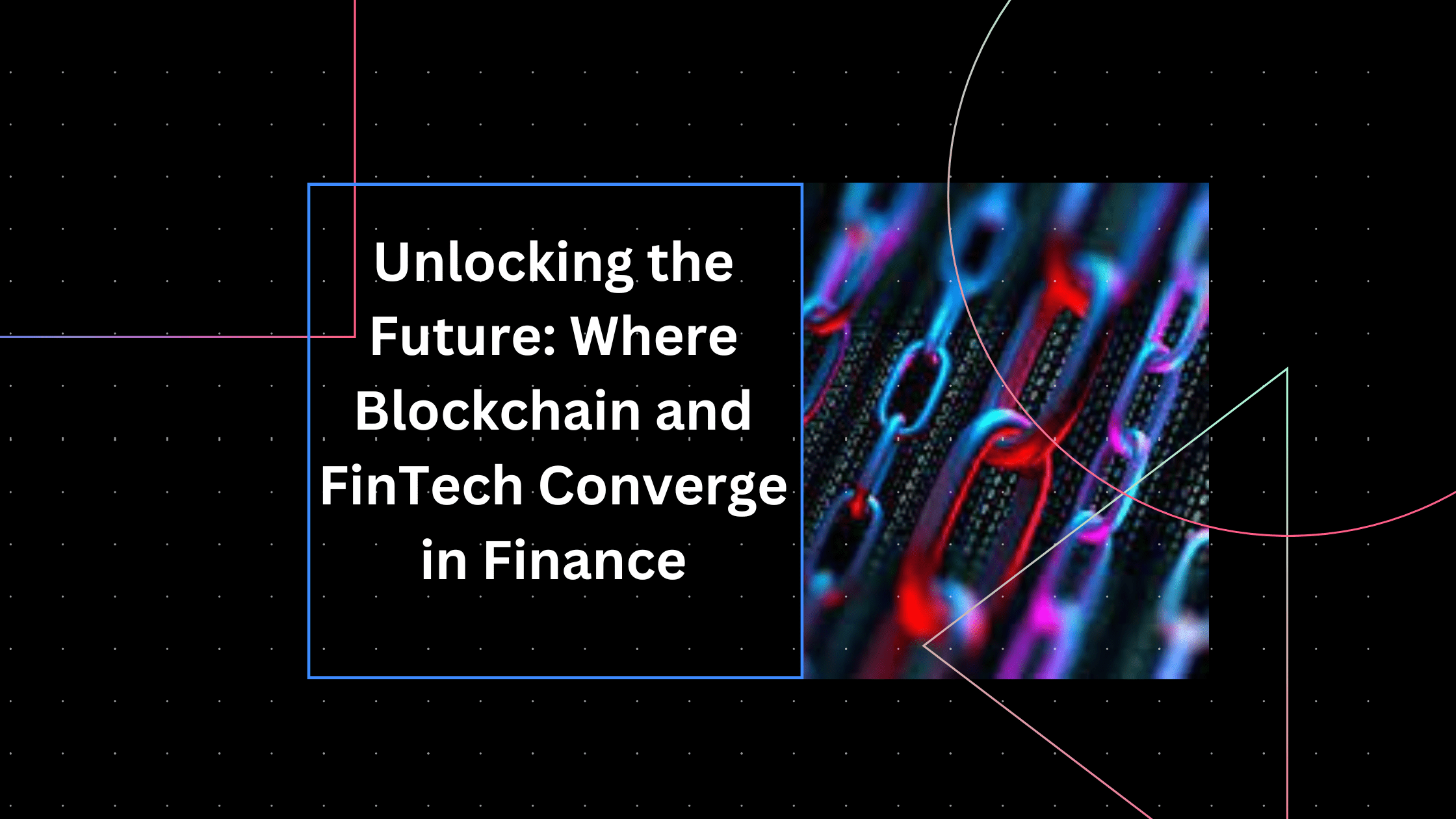In the midst of regulatory challenges and the turbulent landscape of the cryptocurrency industry, the momentum of decentralized technology persists, drawing major internet players into the web3 domain. Two global messaging giants, Telegram and Line, boasting hundreds of millions of monthly users, are making strides in integrating crypto features. Among these innovations is the introduction of e-signing capabilities powered by EthSign, a startup supported by all three divisions of Sequoia — Sequoia Capital, Sequoia Capital India, and Sequoia Capital China (now HongShan). Based in Singapore, EthSign seeks to offer a web3 equivalent of DocuSign, emphasizing an additional layer of transparency and trust.
Web3 E-Signatures: A Blockchain Twist:
EthSign aims to convince the masses that signing contracts on the blockchain surpasses traditional methods. Co-founder and CEO Xin Yan, formerly of Huobi’s strategic investment arm, highlights the advantages. Authenticating the identity of signing parties is easier, and a comprehensive history of interactions with signed documents is readily available. Unlike traditional e-signature providers, the decentralized nature of blockchain ensures that even if a service is shut down, users’ signature records remain intact. The immutability of data on the blockchain adds an extra layer of security.
Integration with Telegram and Line:
EthSign is deployed on the respective blockchain networks of Telegram (TON) and Line (Finschia). Users can seamlessly sign documents through EthSign by connecting their crypto wallets to these messaging platforms. Already live as a mini app on Telegram, EthSign notifies users of pending documents for approval. The integration on Line is in the form of a web app, and a memorandum of understanding with Finschia promises further enhancements in the coming months.
Immutable Signatures and Web3 Challenges:
The concept of immutable signatures within messaging apps is not entirely new, with a previous attempt on WeChat in 2018. EthSign, however, sets itself apart by aiming to become a WeChat-like super app. Despite the potential, the web3 landscape is not without challenges, as seen in the history of WeChat’s response to similar features. EthSign has already connected with around 250,000 unique wallet addresses and operates on a free-to-use model. The long-term vision is to evolve into an attestation service platform, charging for services like attestation, verification, and other user activities rather than opting for the conventional subscription-based SaaS model.
Conclusion:
As EthSign pioneers the integration of web3 e-signatures on Telegram and Line, it navigates the challenges and opportunities inherent in the decentralized landscape. With a commitment to transparency, security, and innovation, EthSign aims to redefine the way users engage with e-signatures, making blockchain-based contracts the new standard in the digital era.a





